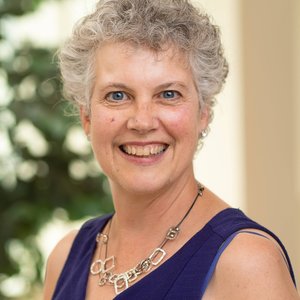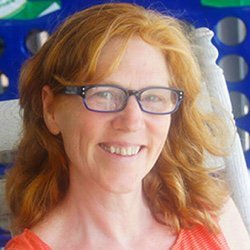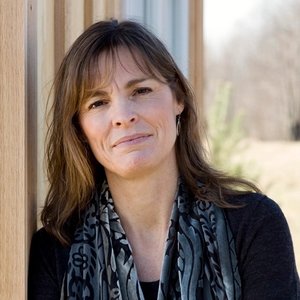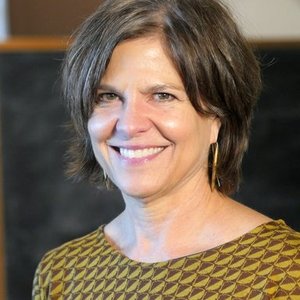HS4: Late Antiquity
About
HS4 is a group of faculty and graduate students devoted to the study of religion, culture, art, literature, and philosophy in the ancient Mediterranean during the later Roman empire (a period known as Late Antiquity).
Closed Group of Collaborators
Inactive since: 2023
- Syracuse University
- Cornell University
- Colgate University
- Le Moyne College
Collaborative Goals
To support research in progress and to open new theoretical horizons for our study of ancient Mediterranean religion and culture.
Group Organizers



Kim Haines-Eitzen
Paul and Berthe Hendrix Memorial Professor of Ancient Mediterranean Religions, Cornell University

Group Members
- Albrecht Diem (Professor of History, Syracuse)
- Barbara Gold (Edward North Professor Classics and Greek Literature Emerita, Hamilton)
- Karmen MacKendrick (Professor of Philosophy, LeMoyne)
- Anne Merideth (Professor of Instruction in Religion, Univ. of Rochester)
- Patricia Cox Miller (Bishop W. Earl Ledden Professor, Emerita, Department of Religion, Syracuse)
- Glenn Peers (Professor and Director of Undergraduate Studies in Art History, Syracuse)
- Carolyn Twomey (Visiting Assistant Professor of History, St. Lawrence)
- Suzanne Abrams Rebillard (Corning Museum of Glass)
- Rebecca Krawiec (Professor of Religious Studies, Canisius College)
Activities
Earthquakes and Gardens: Book Discussion with Virginia Burrus
March 23, 2023, 5:30 p.m.
The Sonorous Desert - Kim Haines Eitzen
Feb. 3, 2023, 4 p.m.
Group Outcomes
The group has fostered a community for scholars of pre-modern Mediterranean religions to gather and share work of interest, work in progress, and by Corridor members and scholars visiting the area. The group has been intent on connecting our analyses of ancient literary texts in intersectional frameworks. Thus, we have also read contemporary theorists in gender, queer, sexuality, race, new materialism, and environmental studies. The group supported one another in exploring and integrating these perspectives in analyses of the pre-modern world. This group is regularly mentioned in Acknowledgment pages of any of these books listed as well as in visiting writers' acknowledgments.